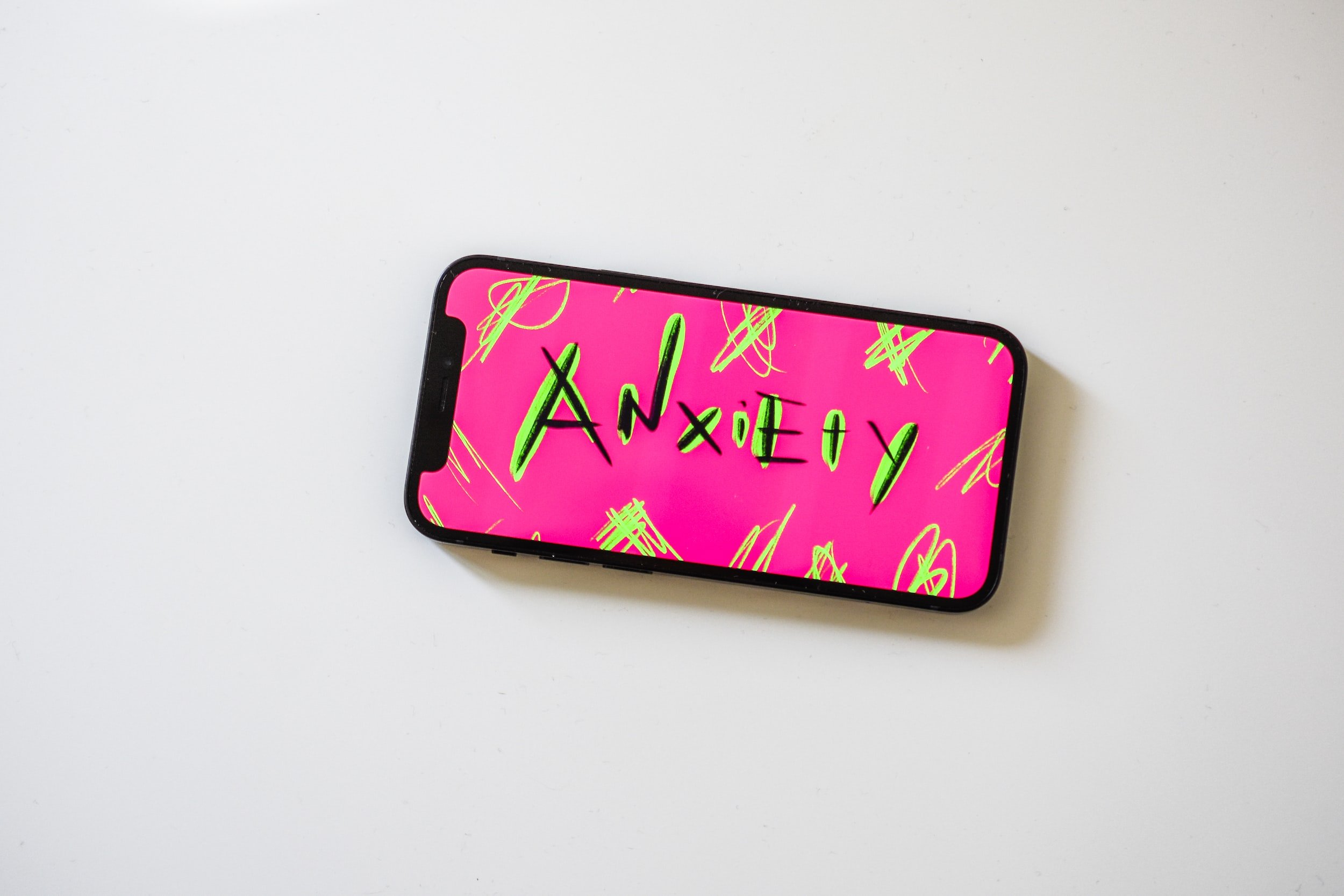
What is anxiety?
Anxiety is typically a normal reaction to stress, feeling threatened or terrified, and it can manifest itself in our bodies, minds, and behaviour.
Anxiety is frequently characterised as a modest to severe feeling of dread, fear or unease.
If we start worrying excessively about trivial things or unimportant situations, anxiety might develop into a problem.
Usually, when anxiety gets particularly bad or overpowering, that's when it begins to interfere with our regular activities or have an impact on our relationships.
Signs or symptoms of anxiety
Our minds, bodies, and behaviour can all be impacted by anxiety. For example, we may experience emotional outbursts, get stress headaches, or begin to avoid situations or individuals who make us anxious.
Common symptoms of anxiety include:
Feeling tired, restless, or irritable.
Feeling shaky or trembly, dizzy or sweating more.
Being unable to concentrate or make decisions.
Trouble sleeping.
Worrying about the past or future or thinking something bad will happen.
Headaches, tummy aches or muscle pain.
Dry mouth.
Pins and needles.
Your heartbeat gets stronger, faster, or irregular, or you get short of breath when you start feeling anxious.
What causes anxiety?
Many causes and life events might lead to anxiety.
We all experience anxiety differently, and if you polled one hundred people about how it affects them, you would get one hundred different answers.
It can be challenging to determine what causes anxiety, which can be upsetting or stressful, when there are no evident triggers.
Anxiety levels vary from person to person. Some people have greater problems in life and more stressful events than others, which makes them more apprehensive.
However, potential causes of anxiety include:
Upbringing
Environment
Traumas
Temperament

